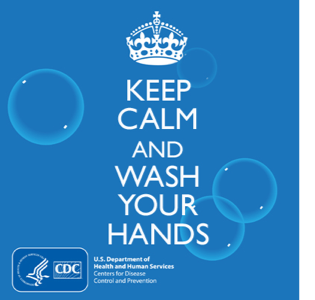 The latest information about animals and the virus that causes COVID-19 included a bit of news from the Bronx Zoo, which caused anxiety to go back up amongst a few pet owners. We looked into it and assure you that you can let any anxiety dissipate with a proper game plan.
The latest information about animals and the virus that causes COVID-19 included a bit of news from the Bronx Zoo, which caused anxiety to go back up amongst a few pet owners. We looked into it and assure you that you can let any anxiety dissipate with a proper game plan.
Last weekend, a Malayan tiger at the Bronx Zoo tested positive for the virus that causes COVID-19. The tiger had picked it up from her handler before the handler was showing symptoms. If you’re concerned that a tiger was tested when many people have not been, it is because the tiger’s sample was tested by diagnostic veterinary lab with a validated (PCR) test for animals, not humans.
The Bronx Zoo tiger story also caused people to wonder anew if animals can get it from humans, and whether humans can get it from their animals. The short answer there is still "no evidence to suggest concern." We're following a ton of studies, as you might imagine. We're even following anecdotal stories. Considering this pandemic is moving quickly, it stands to reason that if there was a common correlation, the anecdotal data might be coming in more quickly. Experts agree that if animals were spreading the Novel Coronavirus, by now they would be seeing more evidence of it.
One of our favorite experts to follow is Dr. Jane Sykes, an internal medicine specialist with special interest in infectious diseases, and no less than the Chief Veterinary Medical Officer of the UC Davis Veterinary Medical Teaching Hospital. Dr. Sykes studies infectious diseases of dogs and cats at UC Davis. In one Huffington Post article about a potentially infected cat in Belgium, she explained 'that cats and ferrets were able to contract the similar virus that caused the SARS outbreak in the early 2000s. But there was no evidence of cats transmitting that virus to humans. (She also noted that ferrets became much sicker from the virus than cats did.)'
In media interview after media interview, Dr. Sykes regularly gives a lot of the same common sense advice that we do. Wash your hands before and after playing with your pets. If your cat is sneezing, give us a call. Upper respiratory infections are common in cats and rarely need hospitalization, but we want to be sure. Isolate them in their own room, if possible, until the sneezing stops, and don't let them outside, just in case. Wash surfaces frequently, including those surfaces involved in the care and feeding of your pets. If you're symptomatic with COVID-19, isolate yourself from other people in your house and your animals, just in case. If you're sick, have another member of your household take care of your pets, or wear a mask. It just makes sense.
The World Health Organization (WHO) has committed to looking more in depth at the the role of pets. In a press conference this week, we noticed their current stated position matches ours precisely. Of course, we will continue to follow the WHO and other experts, and let you know about any notable updates. Stay tuned.


